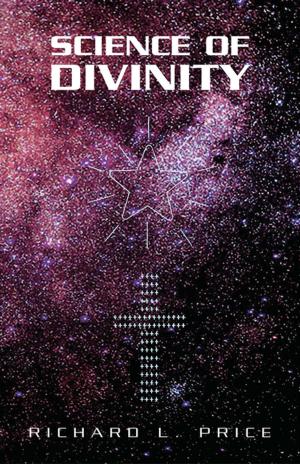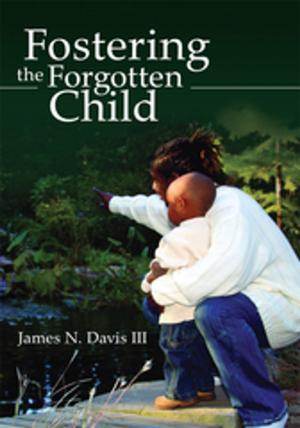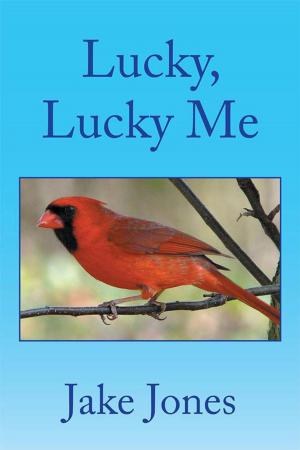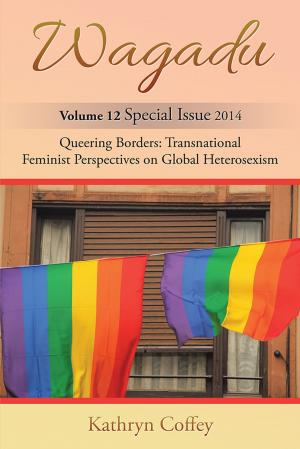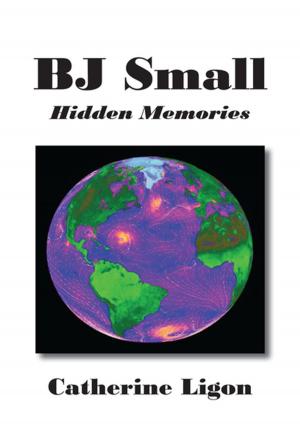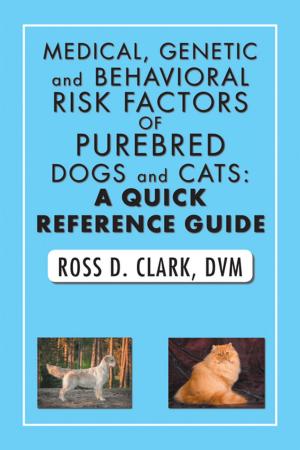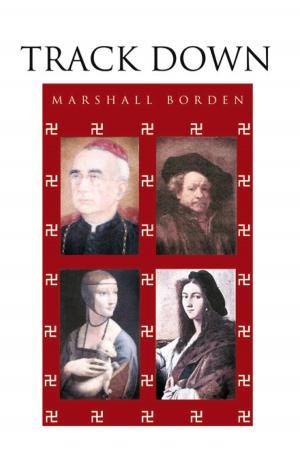Meet Your Political Mind
The Interactions Between Instincts and Intellect and Its Impact on Human Behavior
Nonfiction, Religion & Spirituality, Philosophy, Mind & Body| Author: | Mark Abraham | ISBN: | 9781456810139 |
| Publisher: | Xlibris US | Publication: | December 15, 2010 |
| Imprint: | Xlibris US | Language: | English |
| Author: | Mark Abraham |
| ISBN: | 9781456810139 |
| Publisher: | Xlibris US |
| Publication: | December 15, 2010 |
| Imprint: | Xlibris US |
| Language: | English |
The Interactions Between Instinct and Intellect and its Impact on Human Behavior Length: 208 pages Mark Abraham was displeased by the phenomenon of politicking, although he studied it for a deeper and more accurate understanding of this fatigued term, "politics," as a major aspect of human affair. For reasons he could not identify as a student, he was never satisfied with the prevailing definitions. Thus, he asked his professors in both undergraduate and graduate school in the political science department to share their understanding of the term with him. Each of them seemed to have an understanding uniquely different from all the rest. Then, he realized that this was a vaguely understood phenomenon even by the professors in the field and he relented his efforts and concluded that, "politics," was one of the most used but the least understood phenomena. As he developed his own theories, he formulated that unlike the commonly perceived concept, politics is not just a profession for the few in each society, but it is a brand of behavior unique to humans that starts in early childhood. Thus, he formulated, "to be instinctive is to be selfish. To be selfish and intelligent is to be political. Because instincts and intellect are permanent human fixtures, politicking that results for their cofunction also becomes a permanent human fixture." This perception justifies Aristotle's claim that, "man is a political animal." The ultimate objective of politicking is to impose and thus, he tries to redefine it. He perceives politicking as a range of complex and manipulative deeds afforded by people to impose their will and interest on others against their will and interest. As such, it erodes innocence and is one of the least desirable of all human attributes. Yet the selfish nature of all instincts as the driving force behind politics is the sole force that governs the world of animals, thus politicking becomes the refined reflection of animals in man. Where animals use fangs, claws, venom, speed and brute force to subdue and devour their pray, humans apply politics that includes the use of brute force. Misconceiving this term greatly contributes to human conflicts at all levels, which is why most people unconsciously dislike politicking and politics worldwide.
The Interactions Between Instinct and Intellect and its Impact on Human Behavior Length: 208 pages Mark Abraham was displeased by the phenomenon of politicking, although he studied it for a deeper and more accurate understanding of this fatigued term, "politics," as a major aspect of human affair. For reasons he could not identify as a student, he was never satisfied with the prevailing definitions. Thus, he asked his professors in both undergraduate and graduate school in the political science department to share their understanding of the term with him. Each of them seemed to have an understanding uniquely different from all the rest. Then, he realized that this was a vaguely understood phenomenon even by the professors in the field and he relented his efforts and concluded that, "politics," was one of the most used but the least understood phenomena. As he developed his own theories, he formulated that unlike the commonly perceived concept, politics is not just a profession for the few in each society, but it is a brand of behavior unique to humans that starts in early childhood. Thus, he formulated, "to be instinctive is to be selfish. To be selfish and intelligent is to be political. Because instincts and intellect are permanent human fixtures, politicking that results for their cofunction also becomes a permanent human fixture." This perception justifies Aristotle's claim that, "man is a political animal." The ultimate objective of politicking is to impose and thus, he tries to redefine it. He perceives politicking as a range of complex and manipulative deeds afforded by people to impose their will and interest on others against their will and interest. As such, it erodes innocence and is one of the least desirable of all human attributes. Yet the selfish nature of all instincts as the driving force behind politics is the sole force that governs the world of animals, thus politicking becomes the refined reflection of animals in man. Where animals use fangs, claws, venom, speed and brute force to subdue and devour their pray, humans apply politics that includes the use of brute force. Misconceiving this term greatly contributes to human conflicts at all levels, which is why most people unconsciously dislike politicking and politics worldwide.

